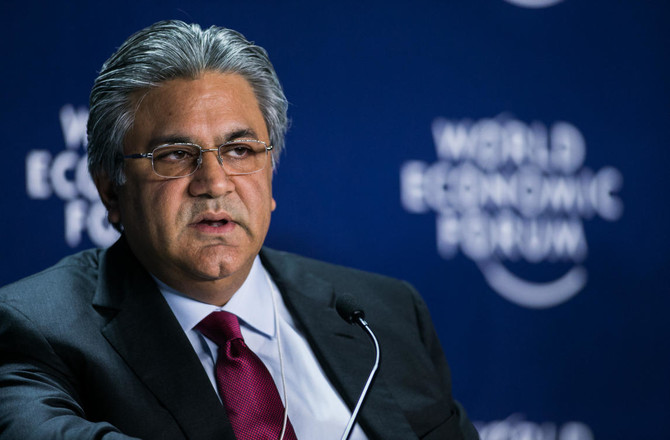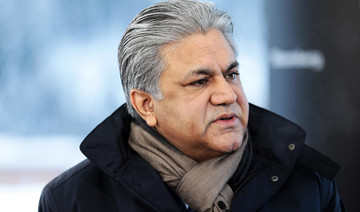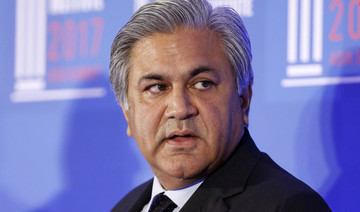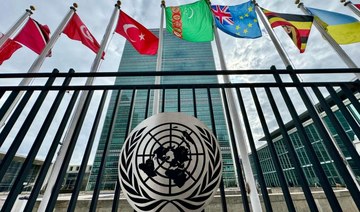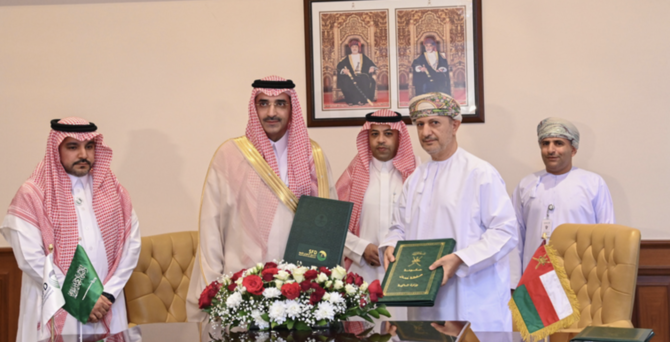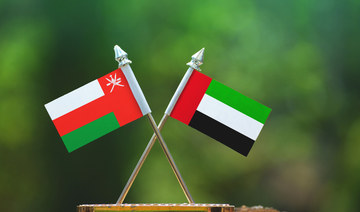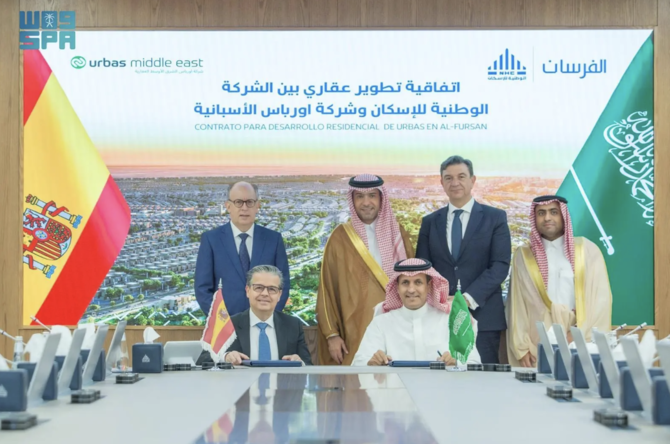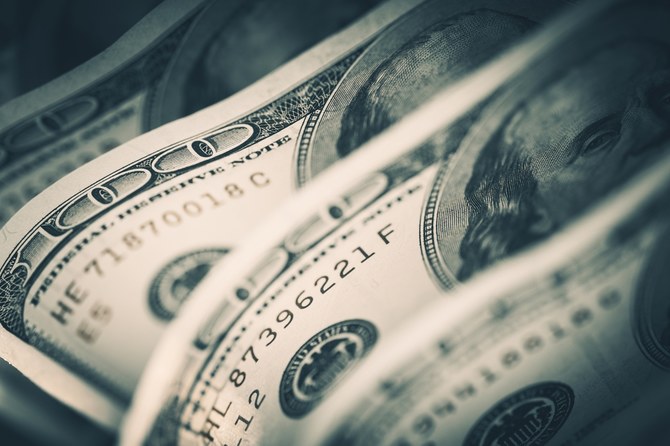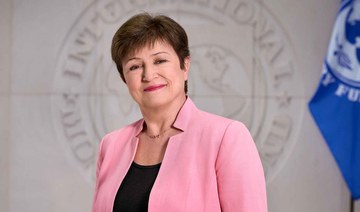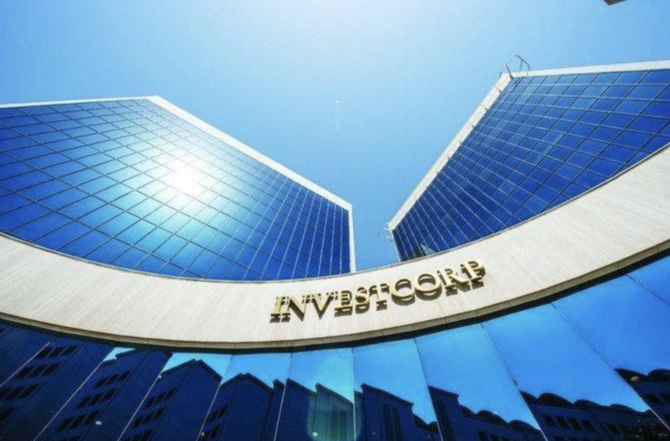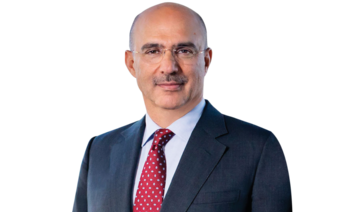LONDON: Abu Dhabi Financial Group has emerged as a bidder for the asset management business of Abraaj, the Dubai-based private equity firm that has filed for provisional voluntary liquidation.
Reports of the bid emerged as the fallout from the firm’s collapse spreads across the region’s financial sector with airline Air Arabia revealing it is an investor in the buyout firm.
ADFG, the alternative asset management firm that specializes in distressed assets, made a conditional offer for $50 million, via its subsidiary Abu Dhabi Capital Management, according to a document reviewed by Reuters.
The offer comes in below an offer of $125 million made by New York-based private equity firm Cerberus Capital Management, made ahead of Abraaj’s decision to file for provisional liquidation in the Cayman Islands last week, and indicates the extent of the firm’s spectacular fall from grace.
The terms of the offer were unclear, and it is not known to what extent they differ from those in Cerebrus’ offer.
ADFG declined to comment on the report when contacted by Arab News. The UAE-based firm’s other investments include shareholdings in Dubai’s Shuaa Capital, Sharjah’s Dana Gas, and embattled Singapore trading firm Noble.
The offer for Abraaj comes as the impact of the firm’s collapse continues to create waves across the region’s financial sector.
The region’s banking system is unlikely to be severely impacted by Abraaj’s woes, with banking creditors all secured lenders, said Jaap Meijer, managing director of equity research at Arqaam Capital in Dubai.
“Some other companies have invested in Abraaj funds, but it is yet uncertain if those end up with losses,” he told Arab News.
Air Arabia shares hit an 11-year low on Monday, after it emerged its investment portfolio was exposed to Abraaj funds.
“Air Arabia has appointed a team of experts who are actively engaged with all stakeholders and creditors involved with the matter to ensure Air Arabia’s investment and business interest is protected,” the airline said in a statement of the Dubai Financial Market on Tuesday.
The carrier’s shares, the most traded stock on the Dubai bourse, ended the day unchanged on Tuesday.
The court-driven restructuring process, initiated by Abraaj may be a boon for capital markets in the region, if the firm is forced to sell assets as part of the process, said Meijer.
But alternative investment firms in the region are likely to be negatively impacted by the firm’s woes, he said.
“(The fallout from Abraaj) will reduce the appetite for new VC or PE funds though and could hurt new start ups and pre-IPO financing,” he predicted.
Abu Dhabi-based investment firm Waha Capital has abandoned plans to raise a $300 million private equity fund, with investor demand falling in the wake of the Abraaj saga, Reuters reported.
The company’s shares fell to their lowest level in nearly six weeks on Monday, before recovering strongly on Tuesday.
Earlier this month, Gateway Partners CEO V. Shankar told Arab News that while his Dubai-based firm had not been affected, international investors previously interested in the region’s PE sector had taken fright, describing the EM space as “like the aftermath of a terrorist attack.”
Abraaj — which at one point handled assets worth nearly $14 billion — filed for provisional voluntary liquidation of its holding company in the Cayman Islands last week, amid reports of unpaid debts and allegations of financial mismanagement.
The application by Abraaj — which was formally approved by a Cayman court on Tuesday — was designed to head off a petition to wind up the holding company, brought by Kuwait’s Public Institution for Social Security, following missed payments on a $100 million loan.
Abraaj founder Arif Naqvi said last week that he expected the court-supervised restructuring process to take “a few months.”
Reports of mismanagement have dogged the company since February, when it was reported that investors in an Abraaj health care fund — including the Bill & Melinda Gates Foundation and the World Bank’s International Finance Corporation — had hired forensic accountants over concerns about the whereabouts of money they had committed.
Last week an investigation conducted by Deloitte found that Abraaj had commingled about $95 million worth of funds due to a cash shortage, but found no evidence of embezzlement.


